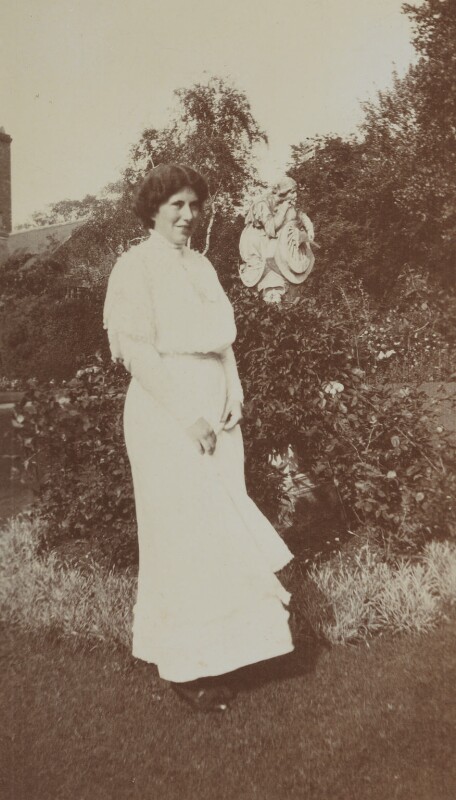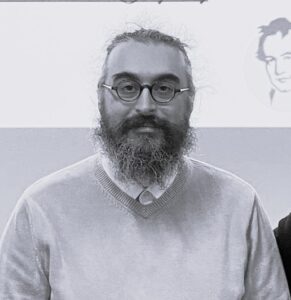
As part of the Encyclopedia of Concise Concepts by the Center for the History of Women Philosophers and Scientists, we take a closer look today at a remarkable thinker whose philosophical work long stood in the shadow of her later psychoanalytic contributions: Karin Costelloe-Stephen (1889–1953).
In 1911, she became the first woman to receive a distinction in the Moral Science Tripos at Cambridge. Influenced by Henri Bergson, she challenged Bertrand Russell’s atomistic view of sense-data, arguing instead that they are syntheses, not isolated units. Her book The Misuse of Mind (1922) criticizes abstraction for distorting experience, drawing on Carl Stumpf’s tonal experiment to show that transitivity does not apply to perception.
In the 1920s, she turned to psychoanalysis, working alongside her husband Adrian Stephen and lecturing in Cambridge in the 1930s. Her work bridged psychological and political concerns, especially in opposition to authoritarianism.
Interested? Read the full ECC entry about sense data here and get inspired by their directory entry here.

Fellow Spotlight: Dr. Andreas Vrahimis
The insights on Karin Costelloe-Stephen presented in this entry stem from the research of Dr. Andreas Vrahimis, Humboldt Fellow 2025 at the University of Paderborn. A distinguished philosopher from Cyprus, Vrahimis specializes in the history of analytic philosophy, exploring connections between figures like Bergson, Horkheimer, Husserl, and the Vienna Circle. His scholarship highlights the contributions of overlooked women philosophers, including Susan Stebbing and Karin Stephen.
You cannot copy content of this page








